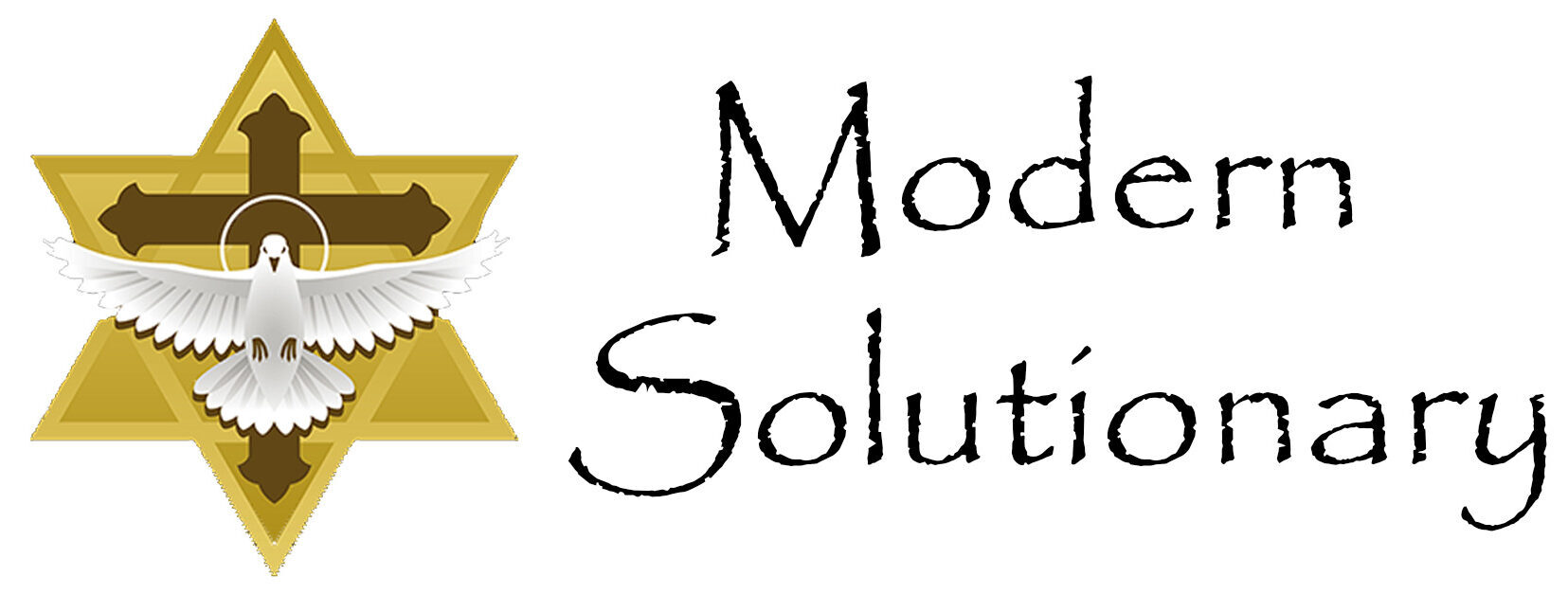 April is Financial Literacy Month but what does that mean? The definition of the phrase tells us, it is the ability to use knowledge and skills to manage one’s financial resources effectively for lifetime financial security.
April is Financial Literacy Month but what does that mean? The definition of the phrase tells us, it is the ability to use knowledge and skills to manage one’s financial resources effectively for lifetime financial security.
I believe that words do matter regardless of who uses them. Their meaning cannot be altered or changed without first clarifying the facts. This belief brings me comfort. Speaking as someone who likes peace and stability; I seek comfort by taking the time to focus on those things that should not change much. This ultimately means the truth. The truth never changes. If it was true five thousand years ago and it is still true today; I am comfortable it will be true tomorrow.
Financial Literacy is a phrase that should foster the importance of the learning how to deal with one’s treasures. That would likely include the family’s head of household, the person or persons in control of the family’s income. They would be one to set the budget and manage the day to day expenditures allowing for the appropriate amounts to be allotted between what is needed for savings, spending, and sharing of the incoming wealth. When laid out in words on a page it sounds simple yet for many heads of households it’s not. Sometimes, the responsible parties decides that it is perfectly reasonable to borrow more than their income can afford on the sole rationale that they feel they deserve an elegant new home, a luxurious car, or a grand vacation. They might mean well but the bottom “red” line is that they would be living outside the boundaries of what their budget can accommodate. It is only a matter of time before they wind up in dire financial straits or possibly losing it all. Through their poor judgments, founded on their limited knowledge and / or poor skills, they failed to be fiscally responsible. They did not follow the blueprint given to us by the truth.
The truth is that regardless of who you are, your family budget, is made up of line items assigned to the only three things that you can do with money; you can SAVE it (surplus), SPEND it (expenditures and appropriations), or SHARE it (gifts of charity).
Financial literacy is an old and stable ideal that has been around for as long as the three Rs – Reading, wRiting and aRithmetic. As someone who has found themselves in a position of overseeing the funds of others and teaching them how to manage their finances, I have always sought out guidelines based on the truth so as to avoid ill-advised mistakes. Take this simple example of a common family budget profile. If a family makes $100; $20 should be saved, $10 should be shared, and $70 would be available to spend, and in that order. If you don’t spend the full $70, the balance can be distributed into one of the other categories. The largest family expenditure and debt is normally the cost of housing. In a responsible budget this line item would not exceed 25% of the gross monthly income of the family. Of the 20% saved, 10% would be for long term needs with the other 10% for emergencies. This is an example of a very simple, fiscally responsible budget that every teenager should be taught.
For some strange reason we, the people of the United States, either do not know, understand or care to hold their selves accountable for following these simple financial truths. We cannot become financially literate without first knowing, understanding, and living this simple foundation of every budget.
Should our children be taught this simple financial truth?
I believe they should. I also believe that words do matter and our actions should reflect the meaning of those words to our children. It the adults don’t live the truth, the children never will.
If this is my last post, I want all to know there was only one purpose for all that I have written; to have made a positive difference in the lives of others.
Anthony “Tony” Boquet, Vice President, The American College of Financial Services and the author of “The Bloodline of Wisdom, The Awakening of a Modern Solutionary”
